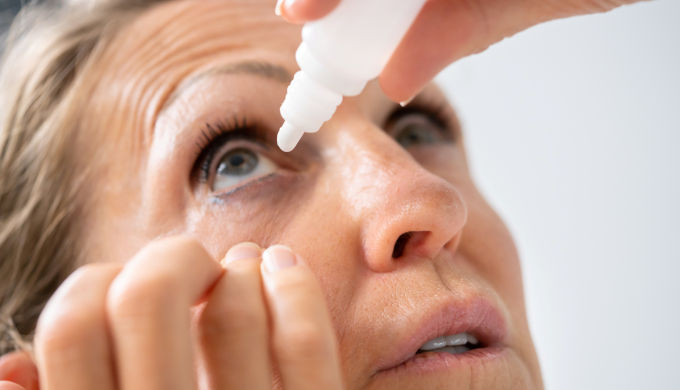Author: Lucy Piper
medwireNews: The Bruton’s tyrosine kinase (BTK) inhibitor remibrutinib reduces disease activity in patients with Sjögren’s syndrome, show results from the phase 2 LOUiSSE trial.
The investigators comment in the Annals of the Rheumatic Diseases that remibrutinib is “a covalent, highly specific and potent BTK inhibitor.”
They found that 49 patients with Sjögren’s syndrome randomly assigned to receive remibrutinib 100 mg either once or twice a day for 24 weeks achieved a 2.86-point greater reduction from baseline in mean scores on the EULAR Sjögren’s Syndrome Disease Activity Index (ESSDAI) than did 24 patients assigned to receive placebo.
The pretreatment scores were a mean 8.98 points in the combined remibrutinib group versus 10.00 points in the placebo group and they decreased to a respective 4.48 points and 8.40 points after 24 weeks of treatment.
Thomas Dörner (Charité University Hospital, Berlin, Germany) and colleagues also point out that the reduction in ESSDAI score did not appear to plateau at week 24, and they suggest “[i]t is possible that longer treatment may lead to a further reduction in the ESSDAI.”
The 73 participants were enrolled across 28 centres in 12 countries. They had a mean age of 53.0 years and the majority were women (97.3%) and White (68.5%). The median disease duration was 8.0 years.
By week 24, the proportion of ESSDAI responders, based on a reduction of at least 3 points, was numerically higher among patients in the pooled remibrutinib arm, at 53.1% versus 29.2% among those in the placebo arm.
Similar results were also seen in a post-hoc analysis for the “newly proposed” Sjögren’s Tool for Assessing Response, says the team, “providing further evidence that the changes seen under remibrutinib therapy may be clinically relevant.”
A “strong trend” towards an improved unstimulated flow rate with remibrutinib was also evident, whereas there was no change with placebo. The researchers note the significance of this given that “reduced salivary flow […] is a cardinal symptom of [Sjögren’s syndrome] with important consequences for oral health.”
However, there was no significant treatment effect of remibrutinib on patient-reported outcomes, including the EULAR Sjögren’s Syndrome Patient Reported Index for pain, dryness and fatigue.
“We hypothesise that these subjective measures may need longer treatment duration beyond 24 weeks to demonstrate benefits of remibrutinib over placebo”, the authors suggest.
Remibrutinib also demonstrated improvements over placebo in disease-relevant laboratory parameters and biomarkers, including pathologically elevated immunoglobulins and targeted autoantibodies, as well as a decrease in CXCL13, marking the pharmacodynamic activity of the drug.
The safety profile of remibrutinib was favourable, say Dörner et al. All adverse events (AEs) were mild or moderate and were similar across the treatments, at 84% in the remibrutinib once a day arm, 91.7% in the remibrutinib twice a day arm and 83.3% in the placebo arm.
There were three serious AEs – two among patients taking remibrutinib and one in the placebo group. Among AEs of special interest, rates of infections were comparable between the pooled remibrutinib group and placebo group (40.8 vs 41.7%), although they tended to be more frequent in the remibrutinib two times a day than the one times a day arm (54.2 vs 28.0%).
Rates of bleeding were also similar for the remibrutinib and placebo groups (10.2 vs 8.3%), while cytopenia was numerically less likely among those taking remibrutinib than placebo (12.2 vs 20.8%).
Dörner and colleagues conclude: “This study demonstrates a promising safety and efficacy profile for remibrutinib in [Sjögren’s syndrome] and suggests remibrutinib as a potentially effective oral disease-modifying therapy, which needs further larger and extended duration studies for confirmation.”
News stories are provided by medwireNews, which is an independent medical news service provided by Springer Healthcare Ltd. © 2023 Springer Healthcare Ltd, part of the Springer Nature Group
This independent news story was supported by an educational grant from L’Institut Servier, Suresnes, France.
Image Credits: © AndreyPopov / Getty



